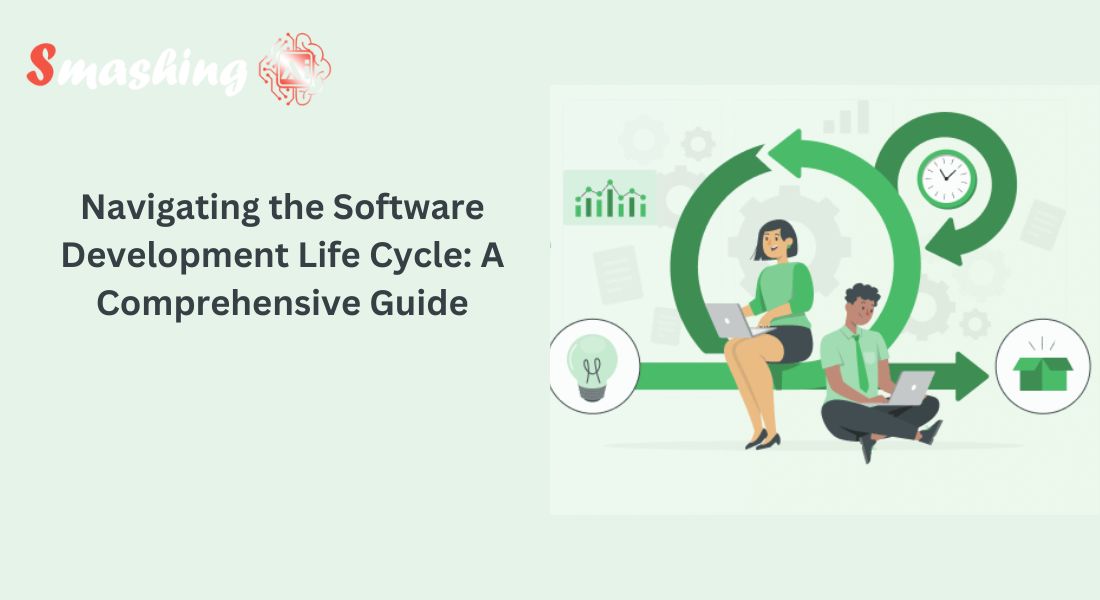November 6, 2024
Understanding the Software Development Life Cycle (SDLC) is crucial. Whether you’re a business owner or a project manager, knowing this process helps you succeed. The SDLC provides a structured approach to developing software. Let’s explore each stage together!
Planning and Requirements Gathering
The first step in the SDLC is planning. Here, you identify the project’s purpose and goals. What problem does the software solve? Engage stakeholders to gather requirements. This is essential for building a solid foundation. For example, if you’re developing a mobile app for booking flights, gather requirements from users about what features they want. This can include easy search options or seamless payment methods. Clear planning helps prevent misunderstandings later.
Design
Once you gather requirements, move to the design phase. This stage involves creating a blueprint for your software. You’ll define how the software will look and function. Design specifications include user interfaces and system architecture. Use wireframes or prototypes to visualize your concept. For instance, if you’re designing a social media app, sketch out the main screens. These visuals guide developers during implementation. An effective design simplifies the development process and ensures user satisfaction.
Development
Next comes the development phase. This is where the actual coding happens. Developers translate designs into a working application. They use various programming languages and tools. During this phase, teams need clear communication. For example, if you
hire an application development company in the USA, ensure they understand your design and requirements. This collaboration prevents delays and errors. Regular check-ins during development keep the project on track.
Testing
Once development is complete, it’s time for testing. This step is crucial for identifying bugs and ensuring functionality. Testers examine the software for issues and verify that it meets requirements. They conduct different tests, such as unit testing and user acceptance testing. For instance, if your app allows users to make purchases, testers will ensure that transactions work smoothly. Thorough testing reduces the risk of problems after launch and improves user experience.
Deployment
After testing, the software is ready for deployment. This phase involves releasing the product to users. Depending on your project, deployment can happen in stages. You might launch a beta version first to gather feedback. For example, a company could release its new app in select markets before a wider launch. This approach helps identify any last-minute issues. A smooth deployment ensures users have a positive first impression.
Maintenance
The final phase of the SDLC is maintenance. Once the software is live, ongoing support is necessary. This includes fixing bugs, making updates, and adding new features. User feedback is invaluable during this phase. For instance, if users suggest improvements, address them promptly. Regular maintenance keeps your software relevant and functional. Partnering with leading
software companies in the USA ensures you have the expertise to maintain your software effectively.
Conclusion
Navigating the Software Development Life Cycle can seem daunting, but it’s manageable with the right approach. From planning to maintenance, each stage is vital for successful software development. By understanding these phases, you can better manage your projects. If you’re looking to hire a website developer in the USA, consider Smashing AI. We have the experience and knowledge to guide you through each step. Visit
smashingai.tech to learn more. Let’s bring your software vision to life together!


